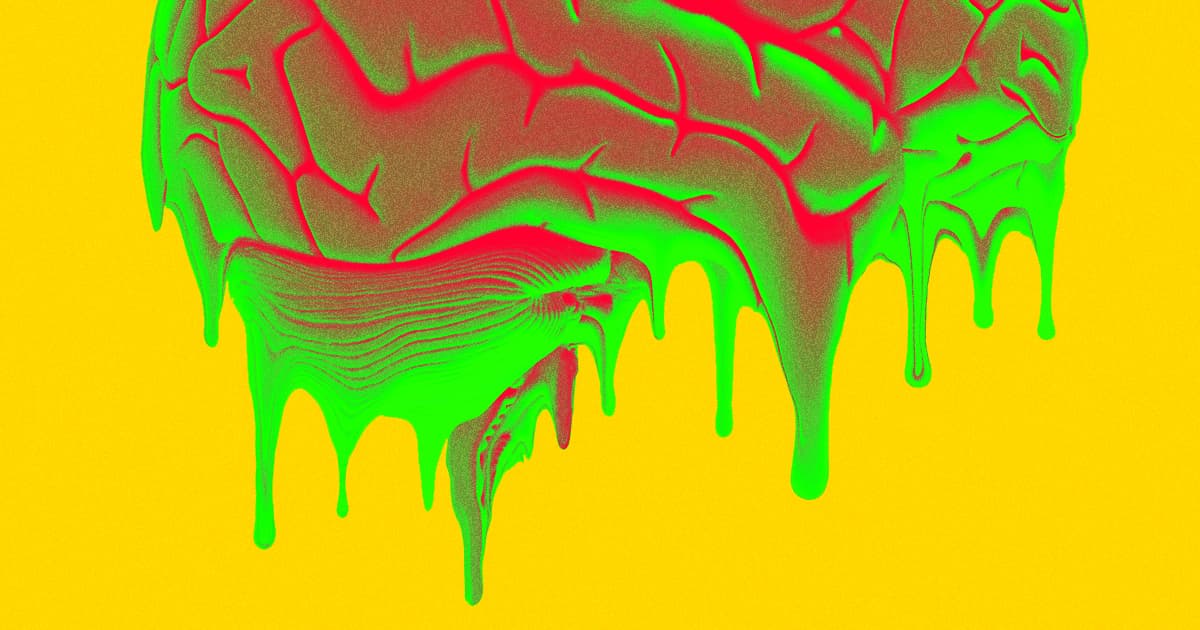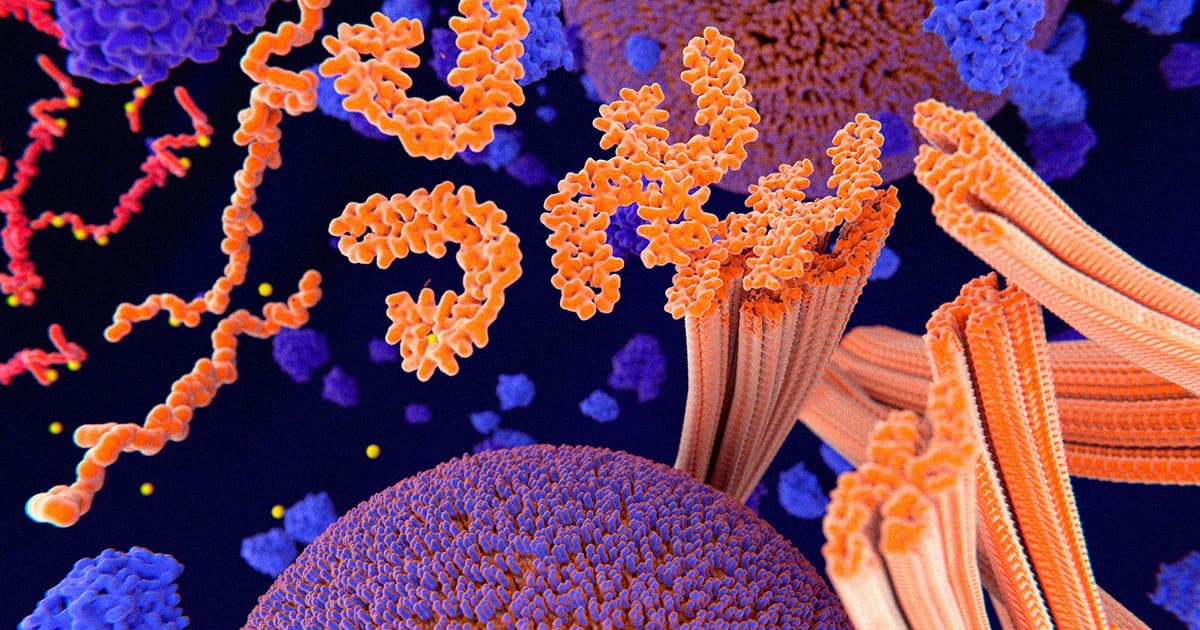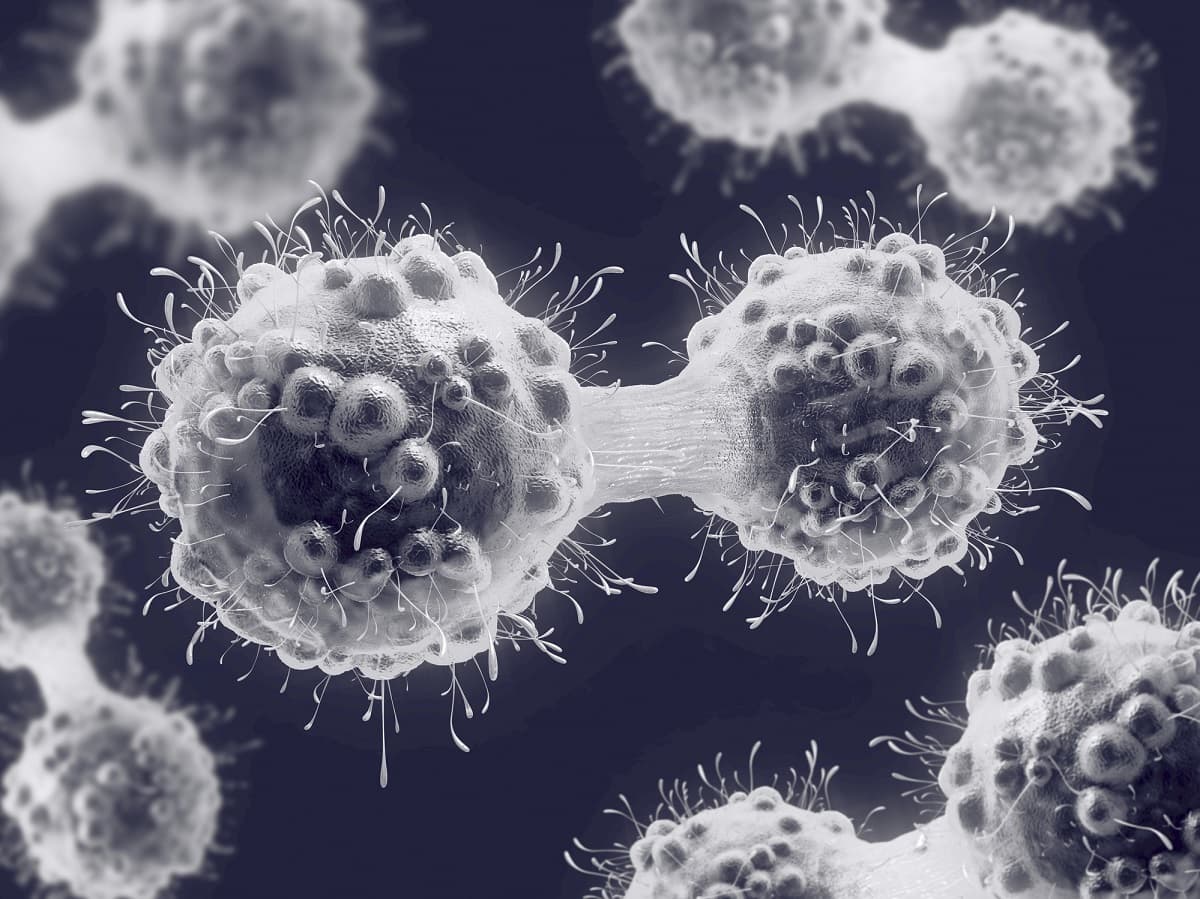SCIENTISTS SAY THEY MIGHT HAVE FOUND A WAY TO TREAT DIABETES WITHOUT INSULIN
IT WORKS IN ANIMALS, AND HUMANS TRIALS ARE COMING UP.

Doctors may soon have a new way to treat type 2 diabetes, which affects millions of people in the US alone.
A new study published in the journal Nature Biomedical Engineering in late March used a special type of ultrasound called peripheral focused ultrasound stimulation (pFUS) and aimed it at test subjects' livers to see if it would lower blood sugar levels. The treatment worked in three animal species and wouldn't require additional prescription pills.
"Unfortunately, there are currently very few drugs that lower insulin levels," Raimund Herzog, a Yale endocrinologist who worked on the study said in a statement. "[This] would represent an exciting and entirely new addition to the current treatment options for our patients."
The project was led by a GE Research team and included researchers from multiple universities. One biomedical engineer at GE said human feasibility trials are on the horizon.
"We have shown that ultrasound can be used to prevent or reverse diabetes in these preclinical studies," Christopher Puleo said in a company press release.
If the tech makes it to market, it'll fill an urgent need. Insulin prices have shot through the roof, costing many people their lives when they aren't able to afford the medication anymore.
Recently, one legislator who voted against capping insulin prices said on Twitter that diabetic patients should just lose weight — even though people who are thin regularly get type 2 diabetes as well — in a grim intersection of fatphobia and outright misinformation.
|
In the face of that type of public health crisis, an alternative can't come soon enough.
SCIENTISTS MAY HAVE DISCOVERED THE CAUSE OF ALZHEIMER'S DISEASE
A MOUSE STUDY FOUND "LEAKAGE" OF TOXIC PROTEINS INTO THE BRAIN.

For years, scientists have been studying how the buildup of toxic molecules in the brain might cause or contribute to Alzheimer's disease. But much more difficult has been figuring out what sets off the process that makes those molecules begin to accumulate in the first place.
Now, a team of researchers from Curtin University say that "leakage" of a toxic compound called beta-amyloid from the bloodstream might be the root problem, according to a mouse study published last week in the journal PLOS Biology. While it's not yet clear whether the same process happens in humans, the discovery could give scientists a new way to track or monitor the onset of Alzheimer's disease and, perhaps, help them develop new treatments to prevent it.
"While we previously knew that the hallmark feature of people living with Alzheimer's disease was the progressive accumulation of toxic protein deposits within the brain called beta-amyloid, researchers did not know where the amyloid originated from, or why it deposited in the brain," lead study author and Curtin researcher John Mamo said in a press release.
More specifically, the team found that beta-amyloid, a compound that builds up in the brains of people with Alzheimer's that's been long associated with the onset of dementia, is formed outside of the brain, then gets shuttled throughout the bloodstream by lipoproteins.
In the new study, the scientists discovered that those lipoproteins tend to leak, allowing the toxic compounds to reach the brain and start to accumulate. The mice that had higher levels of amyloid production also showed a greater degree of inflammation in the brain, hinting at a link between the compound and the onset of neurodegenerative disease.
"This 'blood-to-brain pathway' is significant because if we can manage the levels in blood of lipoprotein-amyloid and prevent their leakage into the brain, this opens up potential new treatments to prevent Alzheimer's disease and slow memory loss," Mamo added.
It would take confirming that the same link exists in humans before anyone can talk about new Alzheimer's treatments. But Mamo suggests in the press release that specific drugs or even changes to one's diet could reduce the amount of amyloid in the bloodstream, potentially helping to prevent or at least delay Alzheimer's — and that's big news in the fight against a particularly horrible disease.
SCIENTISTS MAY HAVE FOUND THE MOLECULAR-LEVEL CAUSE FOR ALZHEIMER'S
THIS COULD BE BIG.

Researchers may have found the molecular-level cause for Alzheimer's disease by looking deeper into the DNA tangles in the brains of dementia patients.
New research by scientists at the University of California — Riverside indicate that the key to understanding Alzheimer's may lie in the "tau" proteins that make up these tangles, found in the brain of patients with dementia.
Doctors generally determine that a patient has Alzheimer's or dementia if they find both brain plaques and tangles inside grey matter cells. But studies suggesting that one-fifth of people with brain plaques do not experience dementia led the UCR researchers to take a closer look at the understudied tau protein in an attempt to understand why it tangles and deposits the way it does.
Explaining the study, UCR Chemistry Professor Ryan Julian compared isomers, or different ways a single molecule and be shaped, to human hands.
"Hands are isomers of each other, mirror images but not exact copies," Julian said. "Isomers can actually have a handedness."
While the proteins inside the DNA of living organisms are normally made up completely of "left-handed" amino acids, the tau proteins found in dementia patients were "right-handed," which is unusual. What's more, the tau proteins of the brain samples UCR studied — donated by people who had plaque buildups but no dementia symptoms — were only left-handed.
"If you try to put a right-handed glove on your left hand, it doesn't work too well," Julian said. "It's a similar problem in biology; molecules don't work the way they're supposed to after a while because a left-handed glove can actually convert into a right-handed glove that doesn't fit."
This microscopic revelation could have huge implications for Alzheimer's research, as Professor Julian and his team prepare to study how and why the brains of dementia patients don't "clear out" the defective tau proteins as fast as usual.
And, just maybe, it could lead to new treatments for a devastating disease.
Read more: Scientists discover potential cause of Alzheimer's disease [University of California — Riverside]
More on Alzheimer's research: Scientists May Have Discovered the Cause of Alzheimer's Disease
|
|
SCIENTISTS INTRIGUED BY TREATMENT THAT PUT EVERY SINGLE PATIENT'S CANCER INTO REMISSION
"I BELIEVE THIS IS THE FIRST TIME THIS HAS HAPPENED IN THE HISTORY OF CANCER."

Doctors working on an experimental cancer treatment were heartened when every single patient in a small trial went into remission, their cancer becoming undetectable.
Published in the New England Journal of Medicine, the paper that resulted from the trial details how all 12 patients who were given the experimental rectal cancer treatment went into remission without having chemotherapy.
"I believe," Memorial Sloan Kettering (MSK) Cancer Center scientist Luis Diaz Jr told the New York Times, "this is the first time this has happened in the history of cancer."
As an MSK press release about the study describes, study participants were treated to an incredible surprise when, after undergoing six months of the experimental immunotherapy treatment, they learned from their doctors that they were in remission.
The first patient, named Sascha, was preparing to travel to New York to have radiation therapy when she got the call from her oncologist, Andrea Cercek, who said the patient was "stunned and ecstatic" at the news.
"It's incredibly rewarding," Cercek said in the press release, "to get these happy tears and happy emails from the patients in this study who finish treatment and realize, 'Oh my God, I get to keep all my normal body functions that I feared I might lose to radiation or surgery.'"
The MSK doctors behind the study wanted to investigate whether immunotherapy alone could treat cancer, but they never expected it to work this well — and especially could not have foreseen that none of the 12 people in the initial trial had adverse reactions to the drug, known as dostarlimab.
Dostarlimab is a checkpoint inhibitor, which "releases the brake on an immune cell, freeing it to recognize and attack cancer cells," according to the team.
The finding is intriguing, but unlikely to represent a miracle cure. As the NYT cautioned, an average one in five people who take drugs like dostarlimab have an allergic reaction, and as many as 3 to 5 percent have severe reactions that include muscle weakness and trouble chewing and swallowing.
Dr. Alan Venook, a University of California, San Francisco colorectal cancer specialist who wasn't involved in the study, told the NYT that the lack of side effects means that "either they did not treat enough patients or, somehow, these cancers are just plain different."
Venook is not alone in his caution about the results. The trial was small, with only 12 participants, and has yet to be replicated.
In an editorial published in the New England Journal of Medicine in tandem with the initial study, Dr. Hanna Sanoff, a gastrointestinal medical oncologist at the University of North Carolina who was also not involved in the study, wrote that the "small but compelling" trial needs more time before doctors can fully understand the results.
"Very little is known," Sanoff wrote, "about the duration of time needed to find out whether a clinical complete response to dostarlimab equates to cure."
All the same, these unprecedented results are clearly pretty exciting for doctors and patients alike.
READ MORE: Rectal Cancer Disappears After Experimental Use of Immunotherapy [Memorial Sloan Kettering Cancer Center]
More immunotherapy: Scientists Complete First Human Test of Vaccine Against Brain Cancer



No comments:
Post a Comment